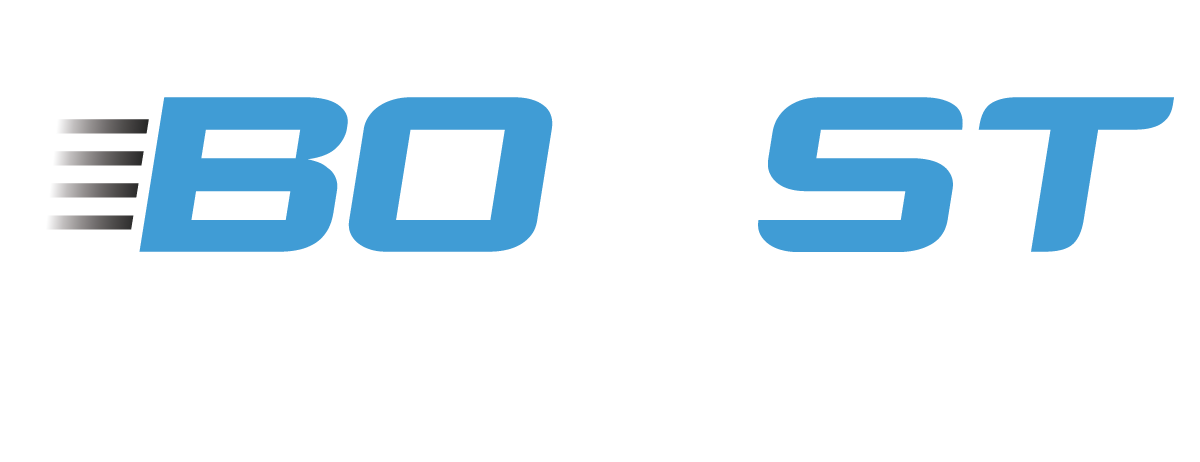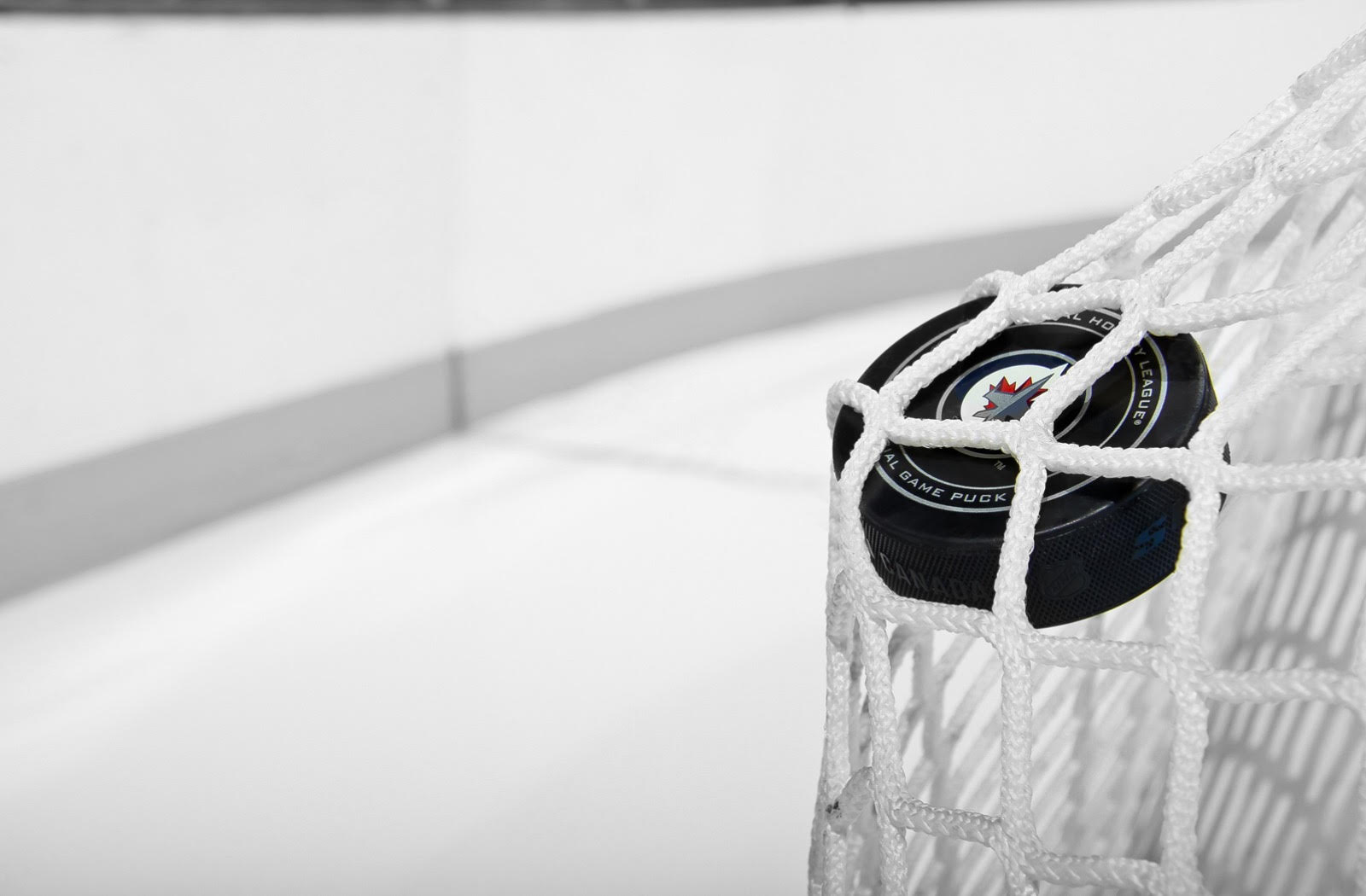Do you have a plan for your success?
I'm talking about an actual process that you want to stick to because you know it will give you the best opportunity to get where you want.
I'm going to say that most of you reading this don't.
That's not me being critical or negative, that's just the truth.
It's easy to have dreams and visions for where we want to be and what we want to do.
What gets tricky, however, is the process and path to actually get there.
I'm a big believer in this because, like you, I'm on the same journey. The journey of figuring out the process and path to the things that I want.
My own playing career is a perfect example of this. I knew from a young age that I wanted to play hockey as long as I could, play in college, and possibly beyond. And while I feel fortunate to have played for four years in college, if I'm being completely honest, I didn't have a plan.
I just knew where I wanted to eventually be but never really mapped out a plan and process for how I was going to get there.
Like I said earlier, luckily for me it worked out and I eventually worked my way into a great experience. But, if I could go back, I would definitely think about things a little different.
That's not to say that I have regrets about my hockey career or experiences, but rather, getting older and having a different perspective makes you look at, and appreciate, things a little different.
One example, would be my offseason training.
Man, if only I knew then what I know now...
I trained really hard over the summer and in the offseason. Being a smaller guy, I was always trying to get as big as possible. But, if I'm being honest with myself, I had zero plan as to what I was trying to do. There was no method to my training.
I guess I shouldn't say that there was no method... I trained really hard out of fear. Fear of losing my spot, fear of falling behind, fear of having someone say "sorry you're not good enough anymore and we don't need you." So while fear is an amazing motivator, and I have no regrets about feeling that way, I wish I would have had an actual plan for my training.
I feel like a lot of players fall into this same trap. You train in the summer because you hear everyone say you need to be training in the summer. Same thing with skating. You skate in the summer because you hear everyone saying that you need to skate in the summer.
I think we all know the answer to that.
If I could go back, I would have found a trainer that understood me as a player and person and really understood what I needed to work on to help make me the best version of myself. Someone that would have really helped build my foundation as an athlete and hockey player.
The same thing when it came to on ice training. If I had to do it all over again, I would have skated with a purpose in the summer. My summer skating used to consist of a weekly drop in or adult league game. While fun, it didn't really help me get better and become a more complete player.
I would have found a skill coach and skated with them instead (or in addition to the summer drop ins). Just working on those simple habits, and focusing on the repetition of handling and shooting the puck would have made a huge difference.
Like I said earlier, I don't have any regrets. But, with experience and age comes perspective.
It's also important to remember that we all have different dreams and desires and that's ok. So just because you, or your son or daughter, plays hockey doesn't mean that they should be training like that. We each need to find our own plan and process to help get us to where we want to be.
The point of this is to not get so wrapped up in the end point that we forget to spend time on the plan to get there. Often times, the actual journey is where we are going to learn and grow the most. Having a plan is also the best way to set yourself up for success. It will help keep you accountable and pushing forward when obstacles come into your path.
This way of thinking is not only something that we can bring with us to the rink, but, is a great way to think about life in general. Take the things that you want and instead of just hoping you get there, build a plan that ensures you'll make it.
Know your reason why, have a purpose, and work to create a plan to get the things you want.
Now start planning...





